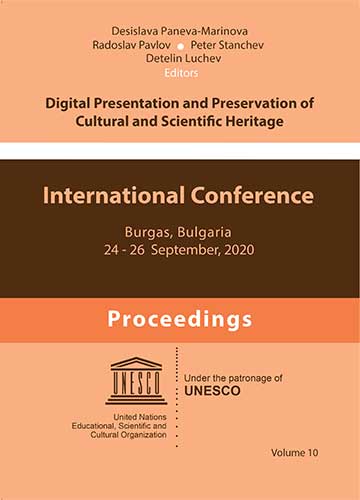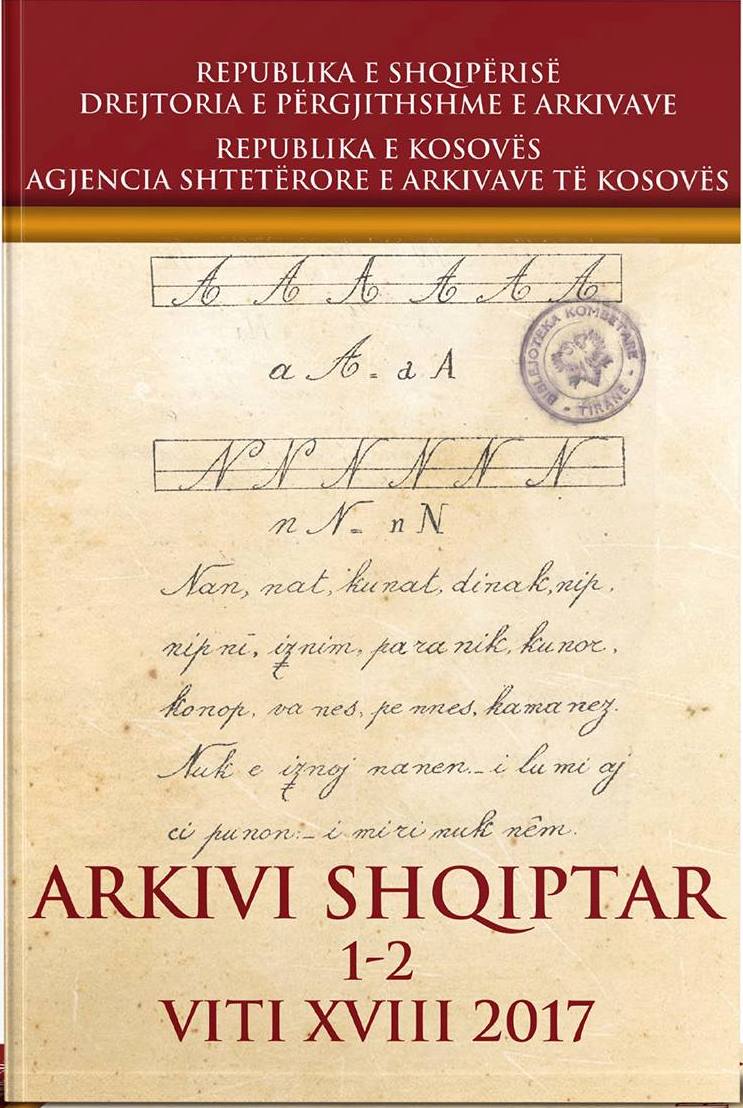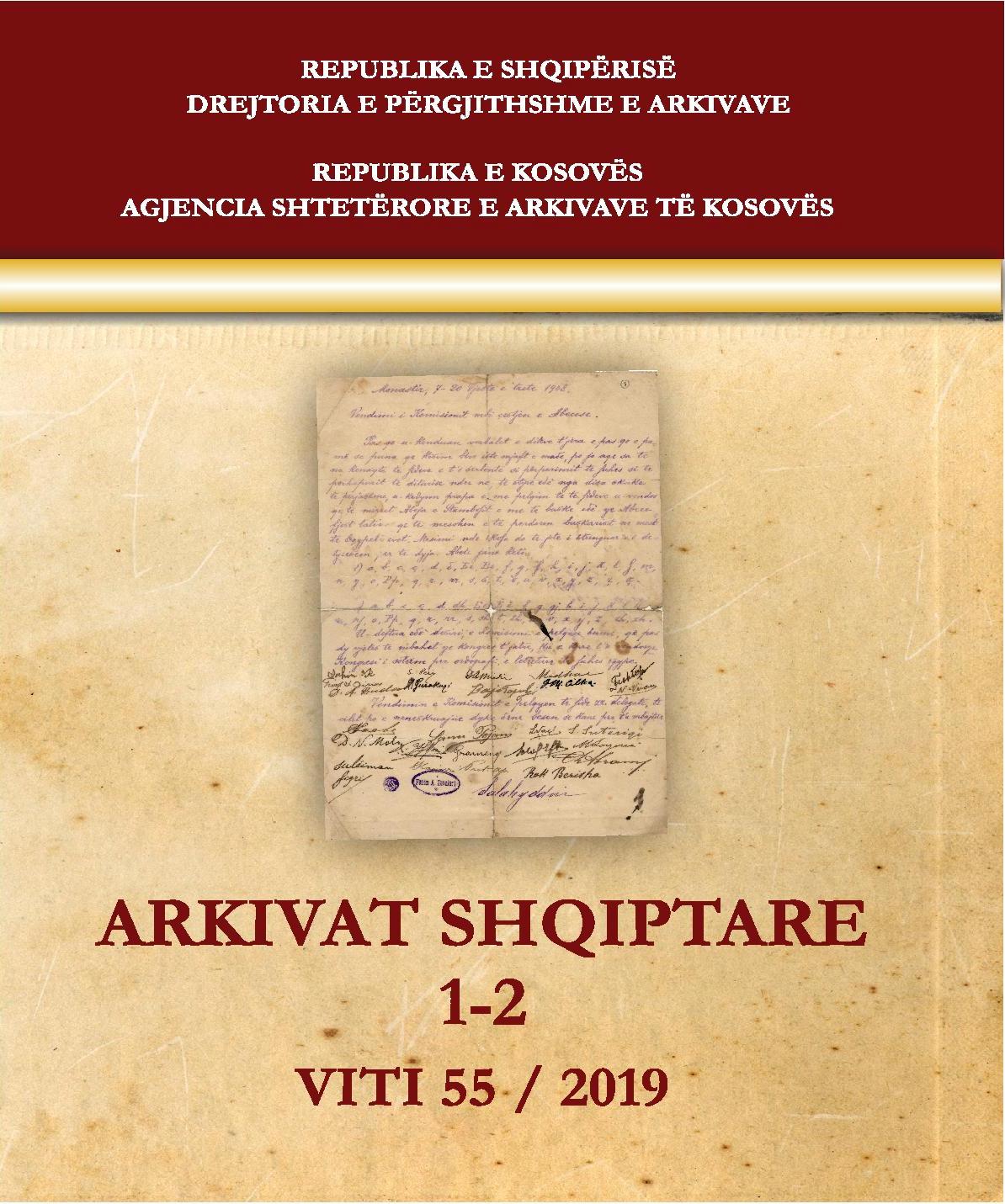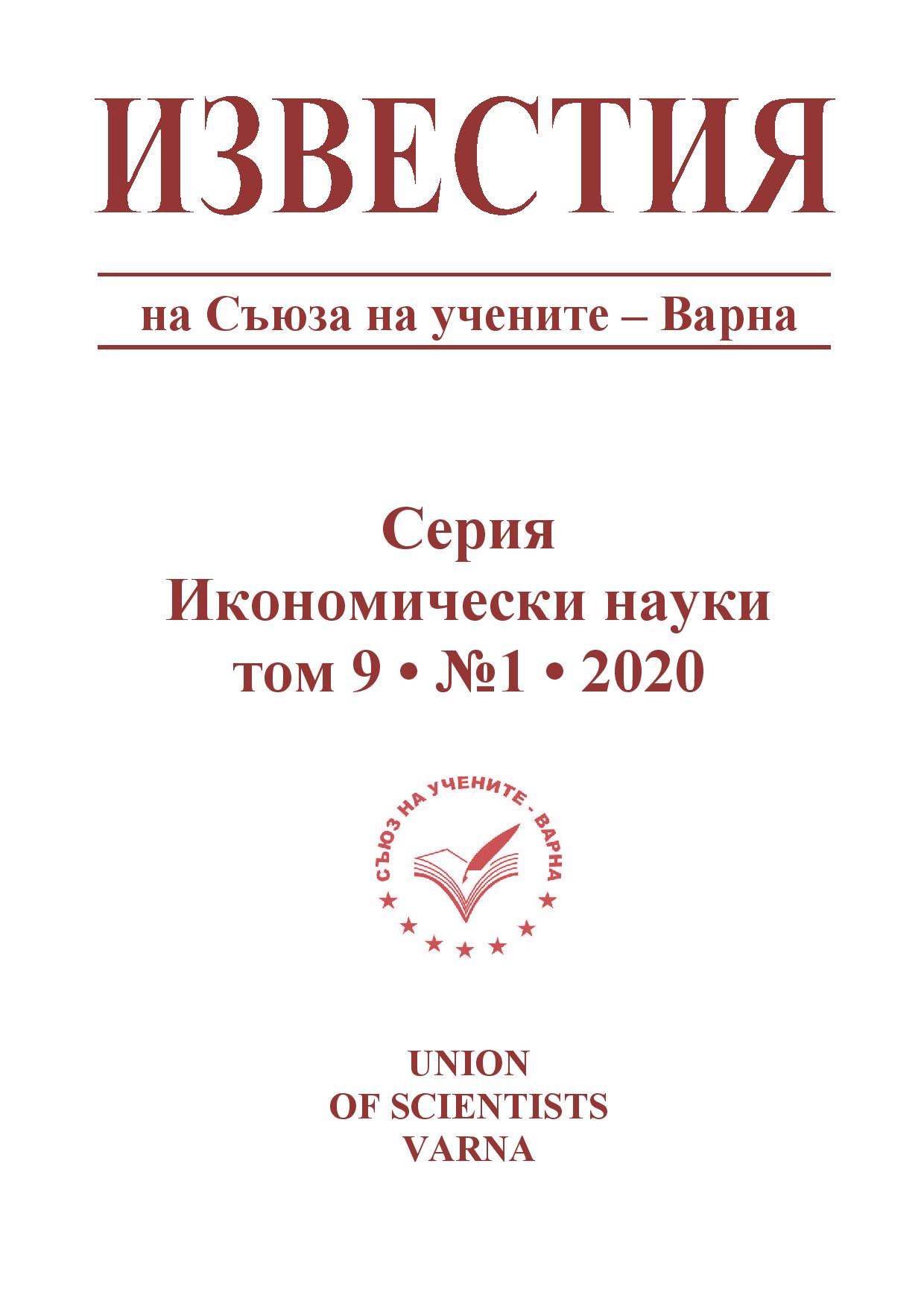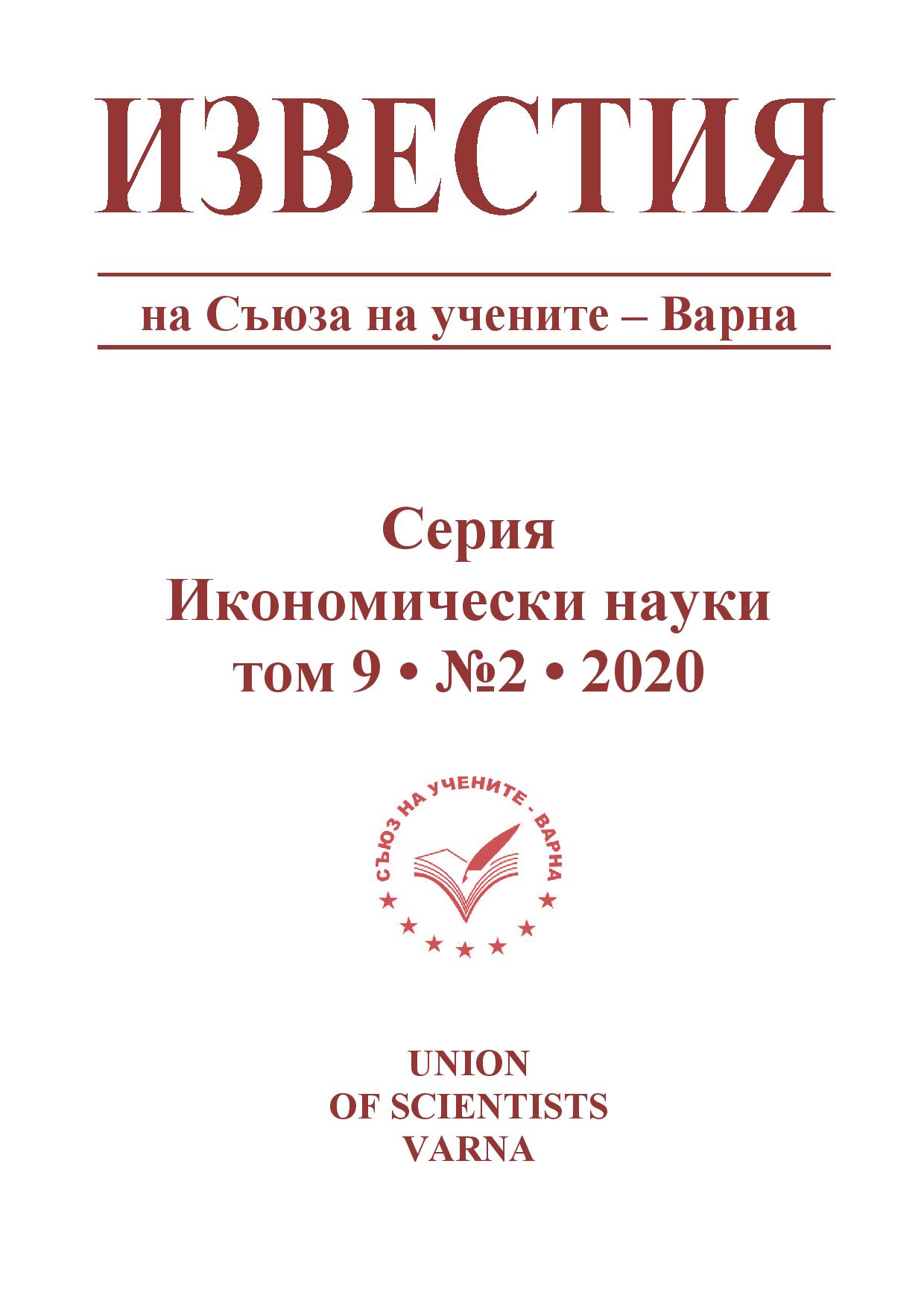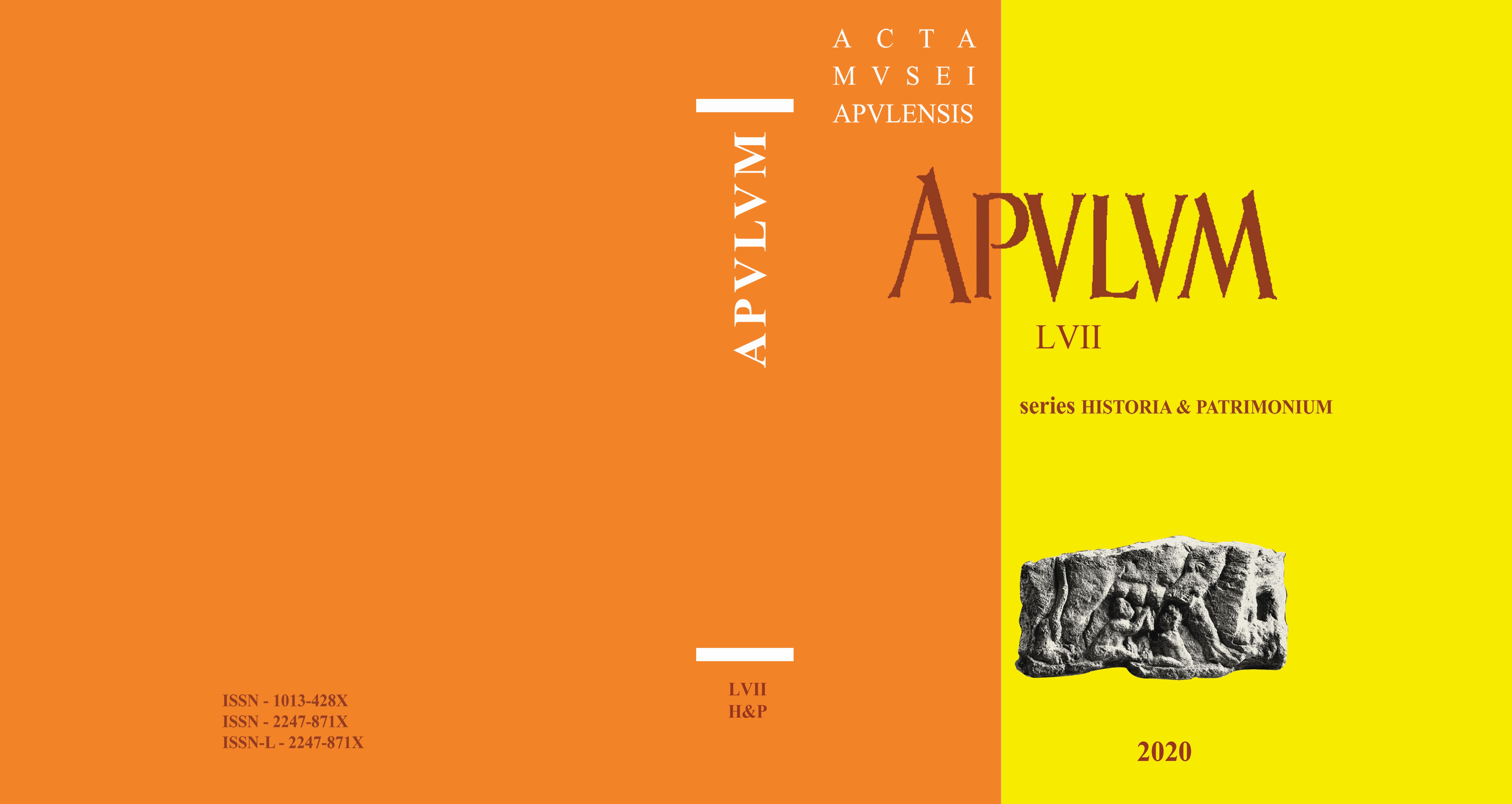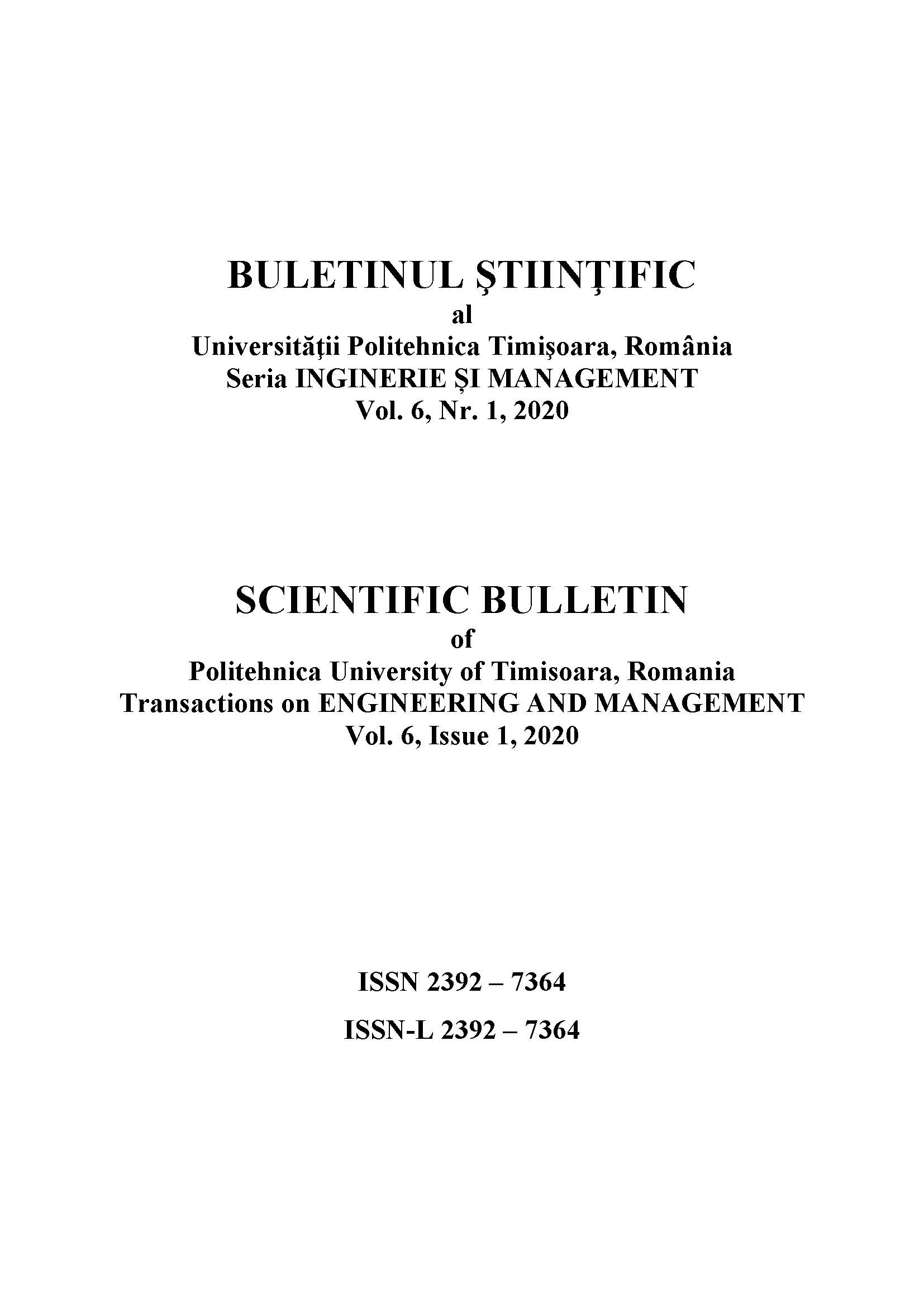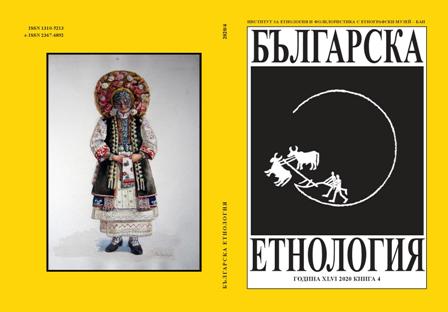Author(s): Elsa Saka,Eva Berberi / Language(s): Albanian
Issue: 1-2/2018
It is an already known fact that during the period before the introduction of the press, either mobile or other, the archives are older than libraries. The archives of clay tablets, metal plates, paper, papyrus, and other durable materials document the national, tribal, religious, chronological, administrative, legal developments, and others as well. Such archives are almost always of an official character, although old commercial archives are also known. The links between archives and libraries in classical times were close, literary and philosophical texts were often placed on shelves and kept together and used by the same mass of readers. Good links and cooperation between archives and libraries at all levels will bring about the establishment of such national councils more quickly and effectively. If libraries and archives do not cooperate and coordinate their special roles in the future for the preservation and security of information, the authorities and users of all kinds will not easily forgive the archivists and librarians responsible for the administration of these extremely important cultural institutions. The challenge of both institutions today is the digitalization of the materials they preserve as well as the creation of a joint on-line portal which will provide fast access, anywhere and anytime. The process of digitalization and on-line publication will bring every user closer to materials that were once not easily accessible, will preserve materials from their physical use, and will enable the long-term preservation of the rare values of our country, our written heritage.
More...
